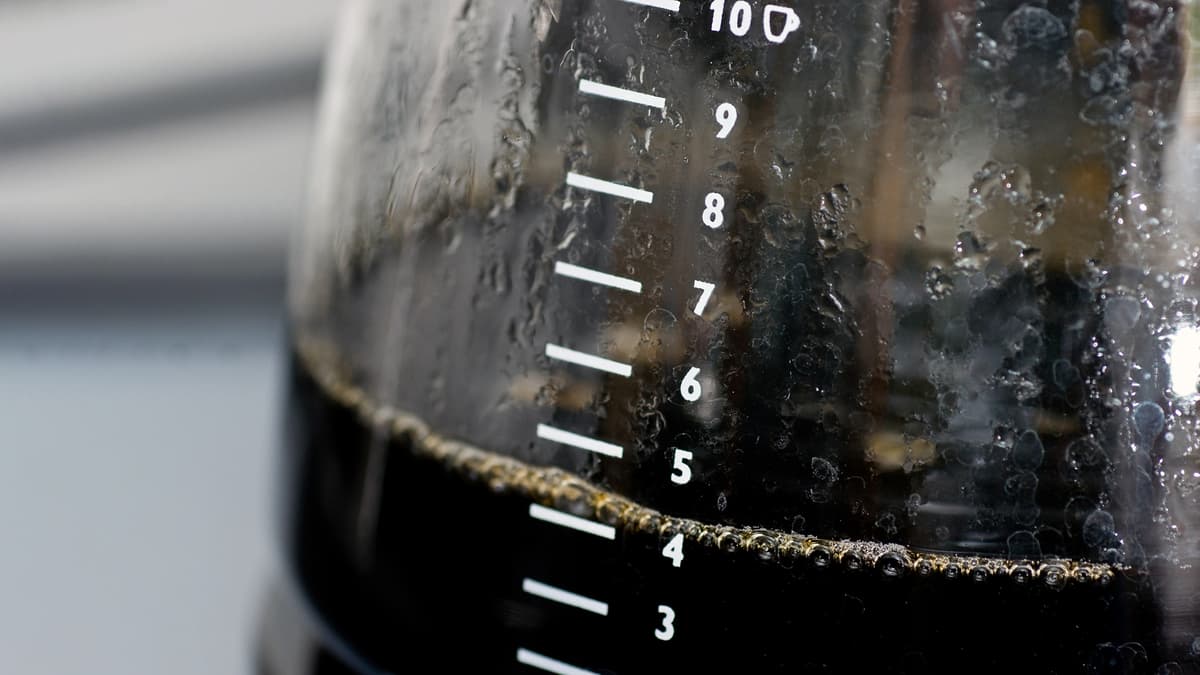Your Morning Brew Could Be Saving (or Breaking) Your Heart: What Experts Reveal

Coffee lovers, take note: Your brewing method could be doing more than just affecting the taste of your morning cup. A groundbreaking new study reveals that the way you prepare your coffee might have surprising implications for your heart health.
Researchers have discovered that different brewing techniques can dramatically alter the levels of diterpenes - natural compounds known to raise cholesterol levels. These compounds can potentially impact your cardiovascular well-being in ways you might never have imagined.
Whether you're a fan of French press, drip coffee, or espresso, the brewing process you choose could be silently influencing your body's cholesterol profile. This fascinating research highlights the importance of not just what you drink, but how you prepare it.
So the next time you reach for your coffee maker, remember that your brewing method is more than just a matter of personal preference - it could be a key factor in maintaining your heart health.
